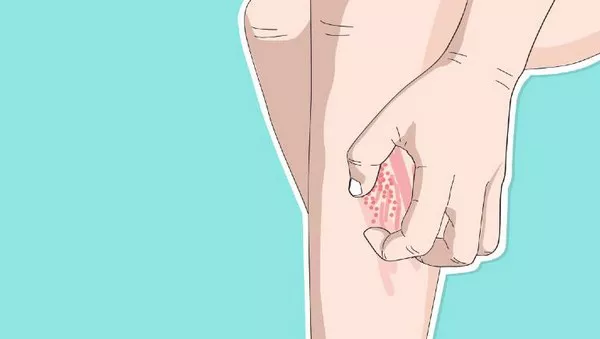A drug commonly used to treat psoriasis might offer a groundbreaking approach to managing early-stage type 1 diabetes in children and young adults without requiring insulin. Recent trial results suggest that ustekinumab, an injectable medication, targets specific immune cells in the blood, potentially altering the course of the disease.
Researchers from Cardiff University, King’s College London, Swansea University, and the University of Calgary conducted a trial involving 72 patients aged 12 to 18 with recent-onset type 1 diabetes. Of these, 62 were included in the final analysis: 41 received ustekinumab while 21 were given a placebo.
After a year, findings revealed that C-peptide levels—a marker indicating the body’s insulin production—were 49% higher in the ustekinumab group compared to the placebo group. This significant increase suggests that the drug helps preserve the body’s ability to produce insulin.
Professor Tim Tree of King’s College London explained, “Ustekinumab reduces the level of a small subset of immune cells called Th17.1 cells. Although these cells comprise just one in 1,000 of blood immune cells, they play a critical role in the destruction of insulin-producing cells. Ustekinumab’s targeted approach means it has minimal side effects, affecting only the trouble-making cells while leaving the majority of the immune system intact—a prime example of precision medicine.”
In the UK, Diabetes UK estimates that over 5.6 million people have diabetes, with type 1 diabetes accounting for about 8% of cases. Type 1 diabetes arises when the body is unable to produce insulin, leading to elevated blood glucose levels. Currently, regular insulin injections are the primary treatment.
Dr. Danijela Tatovic of Cardiff University School of Medicine noted, “Type 1 diabetes results from the immune system attacking and destroying insulin-producing cells. As a result, patients become reliant on insulin injections. Researchers are now exploring methods to slow or halt this immune attack. If initiated early, such treatments could potentially prevent or reduce the dependency on insulin.”
Ustekinumab, marketed as Stelara, works by suppressing specific cytokines involved in the body’s inflammatory response. The National Institute for Health and Care Excellence (NICE) currently recommends it for patients aged 12 and over with severe psoriasis unresponsive to other therapies. It is also prescribed for adults with severe psoriasis, psoriatic arthritis, moderate to severe ulcerative colitis, and previously treated moderate to severe Crohn’s disease.
Colin Dayan, a clinical professor at Cardiff University’s School of Medicine, highlighted, “We tested this treatment in children and adolescents already requiring insulin. Ideally, we would treat them earlier, before they become dependent on insulin. Ustekinumab’s safety profile supports its consideration for use at this early stage.”
Further trials are necessary to confirm ustekinumab’s efficacy in treating type 1 diabetes. Dr. Peter Taylor of Cardiff University’s Systems Immunity Research Institute emphasized, “A simple finger-prick antibody test can now detect children at risk of developing type 1 diabetes years before they need insulin. Combining this screening with early ustekinumab treatment seems a promising strategy to prevent insulin dependency. Additional trials are essential to validate this approach.”
Dr. Jessica Farrow, research communications officer at Diabetes UK, added, “This study indicates that ustekinumab is safe and can help preserve insulin-producing beta cells in newly diagnosed children and young adults. More extensive research is needed to understand how treatments like this work to slow or stop type 1 diabetes, to tailor treatments for optimal outcomes. In the future, targeted therapies could enable individuals with type 1 diabetes to produce more of their own insulin for longer, reducing the risk of severe long-term complications without the associated risks of other treatments.”
Related Topics:

























